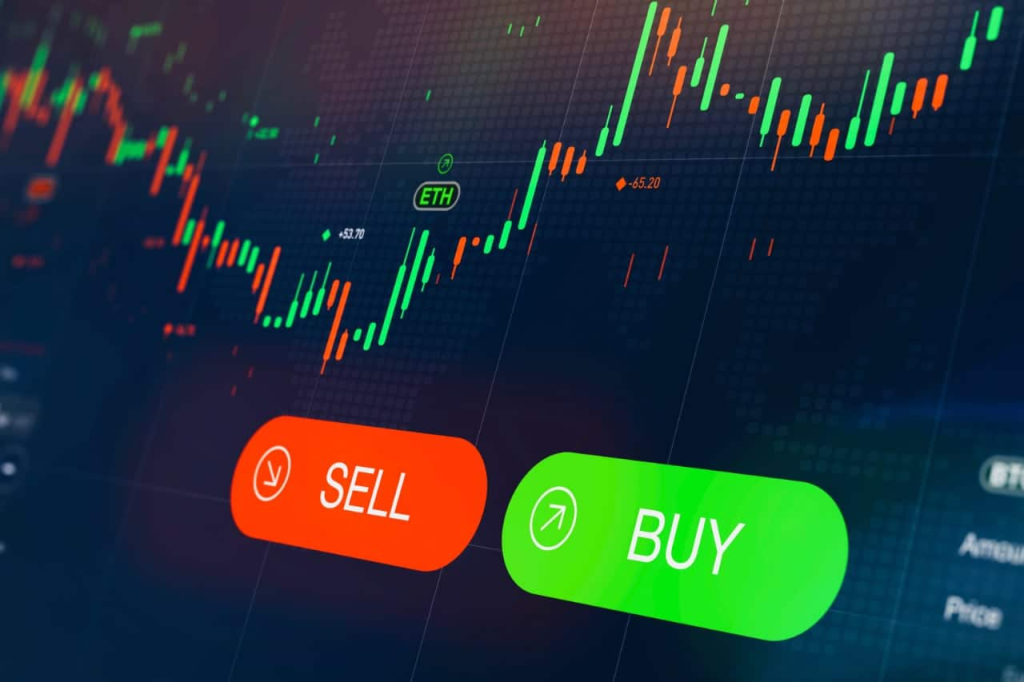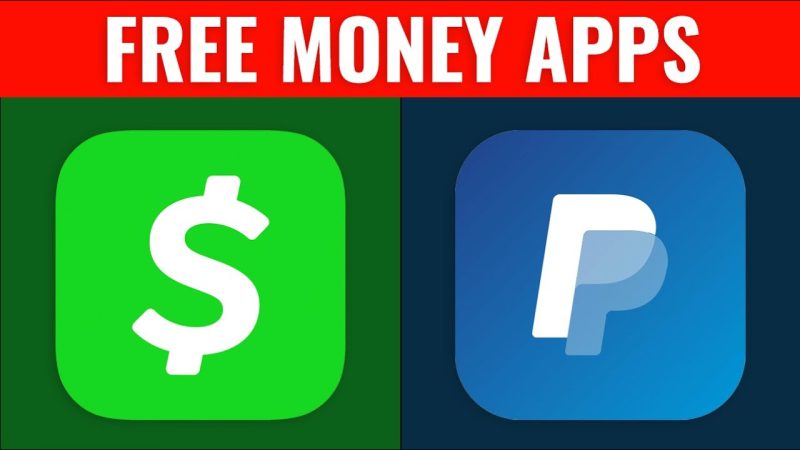Table of Contents Show
Cash is no longer king nowadays, so what’s the next best thing? Cash App and PayPal are two of the most well-used options for sending and receiving money. But which one is right for you?
Let’s start with Cash App. It boasts several features that stand out from the competition, including no fees when transferring money to other users, fast transfers (often within minutes), a full suite of cash-management features such as direct deposit, and access to bitcoin services.
Cash App has a user-friendly interface
Cash App also has another advantage over PayPal: its user interface. Its intuitive design makes it much easier to use than PayPal, making it ideal for first-time users who may be intimidated by the complexity of some payment apps.
The bright green logo may be catchy to GenZs, but Cash App has not been around long enough to impact other generations. Founded in 2013 and originally called Square Cash, the app was rebranded as Cash App in 2018.
On the other hand, PayPal has been around since 1998 and is one of the most popular payment services. It’s also highly secure, with a two-factor authentication process requiring your password, phone number, or email address to access funds.
Paypal charges more
On the other hand, there’s Paypal. While it definitely has its merits, the biggest concern with Paypal is the fees associated with transferring money. Transaction fees may be as high as 3% or more for international payments depending on how and where you’re sending money.
Plus, PayPal falls short regarding cash-management features like direct deposit and young adult or teenager accounts.
And while their interface has been improved over time, it still lags behind Cash App regarding user-friendliness.
Cash App is an underage payment method
To open a Paypal account, you must be at least 18 (18 and one day). In contrast, Cash App is open to teenagers aged 13.
Teenagers accessing cash sounds dangerous, but it’s not as bad as it sounds (for parents, anyway) since Cash App is a closed-loop payment system, meaning money can only be sent to and from other app users.
To have a Cash App account at 13, you need a parent or guardian as a reference point, and teenagers won’t get access to any of the other features like stock trading and investing until they are 18.
Paypal Vs Cash App for buying Bitcoin

Paypal only delved into the heady world of Crypto in 2020; this is late to the party compared to Cash App, which allowed users to buy and sell Bitcoin as early as 2017.
Cash App’s coinbase integration makes it incredibly easy for users to purchase Bitcoin on the spot with a few clicks of a button. Too easy, some might say.
Cash App offers an additional way to invest in Bitcoin: You can use its Cash Boost feature to instantly purchase stock in various companies, including Square and Twitter, whose stocks are paid out in Bitcoin.
No stock trading on Paypal

While you can buy stocks and shares using your Paypal account, Paypal, unlike Cash App, is not a trader. So if you want to buy and sell stocks, you’ll need to go through a broker first.
So there we have it – Cash App is the clear winner (sort of) when it comes to taking advantage of the cryptocurrency craze (as well as some other nifty features). But if you’re more interested in payments for business, then Paypal may be the better option.
Pay in stages feature on Paypal

Recently Paypal has introduced a buy now pay later feature, so if you are a merchant looking to offer such an option, Paypal may be the better option. With this feature, customers can split their payments into smaller chunks over time rather than paying for the whole thing in one go.
Buy now, pay later is a great way to give shoppers more flexibility and attract more buyers for flagging businesses.
Cash App does not have this feature, and with its user base of teenagers, it just as well. However, we love Cash App even without this feature.
Cash App has a lot going for it: convenience, user-friendliness, low fees, and access to bitcoin services. The fact that teenagers can use the app with parent approval is an added plus for those looking for alternative ways for their kids to manage money.
On the flip side, PayPal has its advantages – like its two-factor authentication process and long history.
Choosing between Cash App and PayPal comes down to what you need. If you want an easy-to-use platform with no fees for sending money, then Cash App is your best bet. However, if you are looking for an established provider that charges transaction fees but offers more features, then PayPal may be the better option.
Ultimately, both services offer advantages, so evaluating your needs is essential before deciding which is better.









